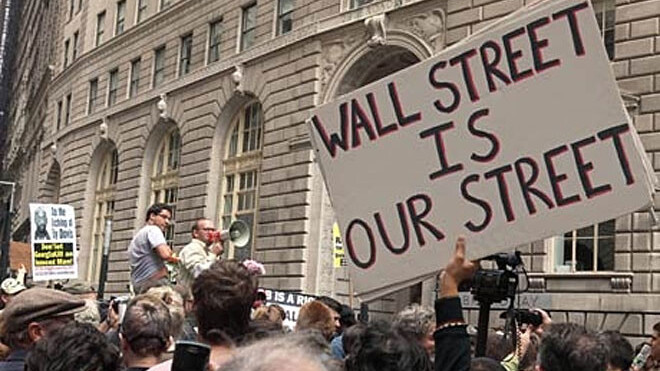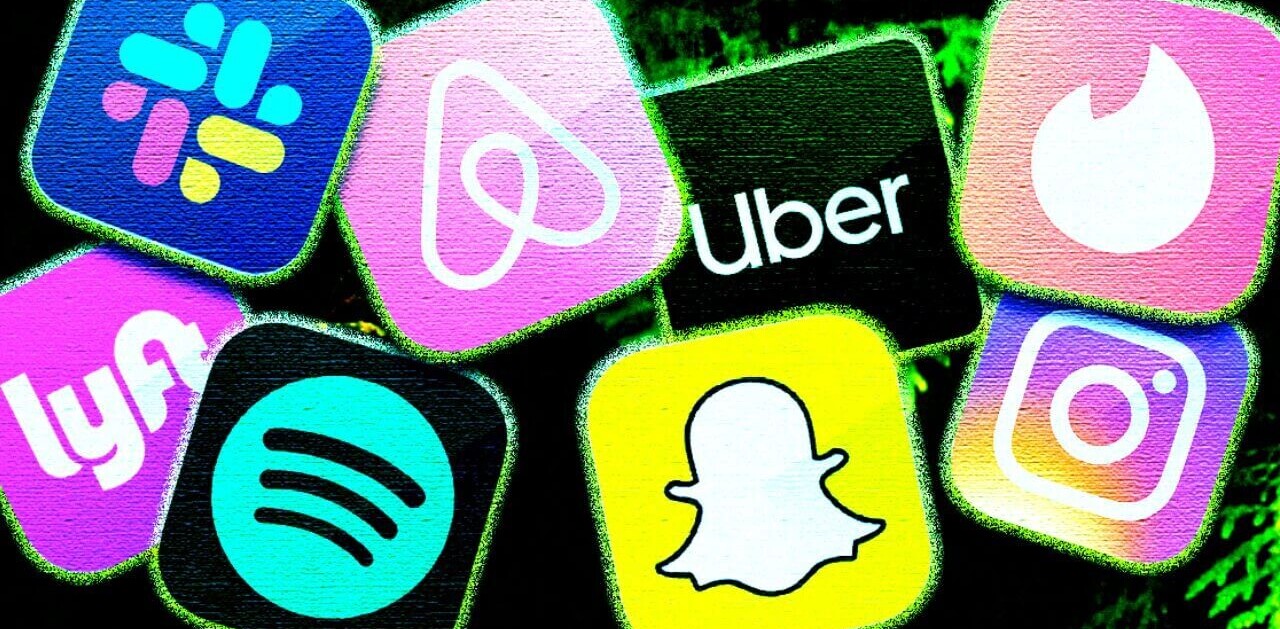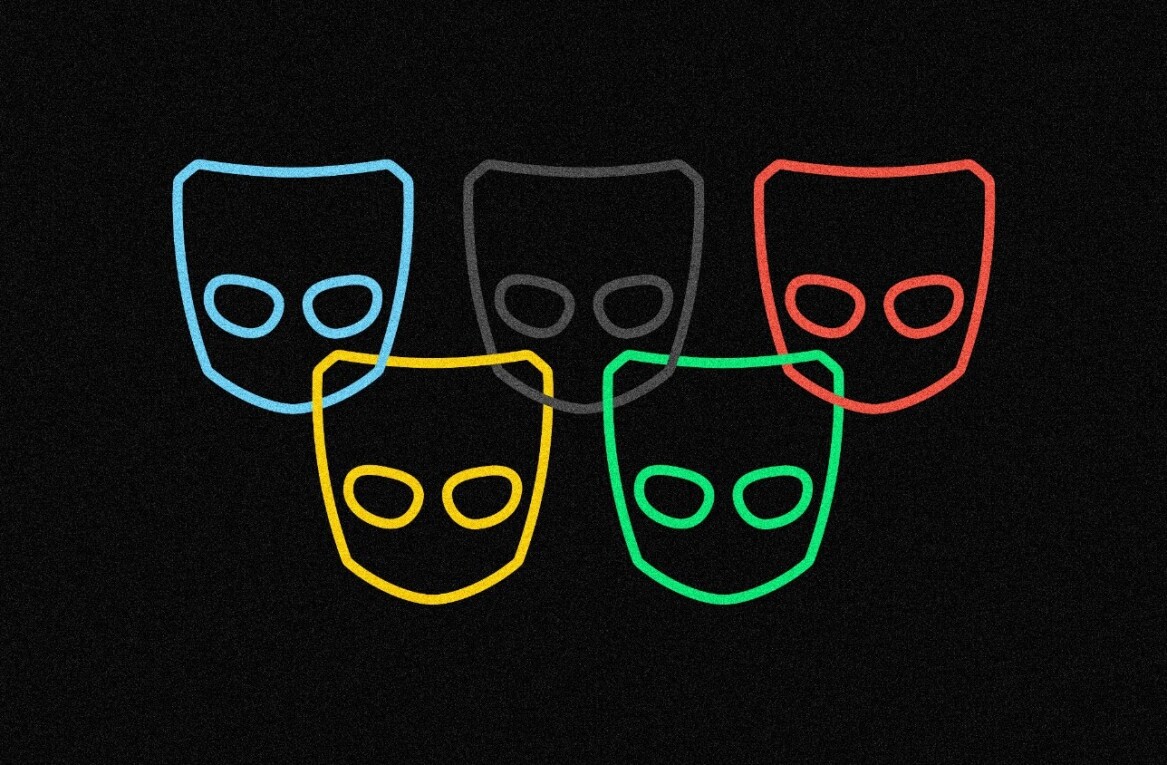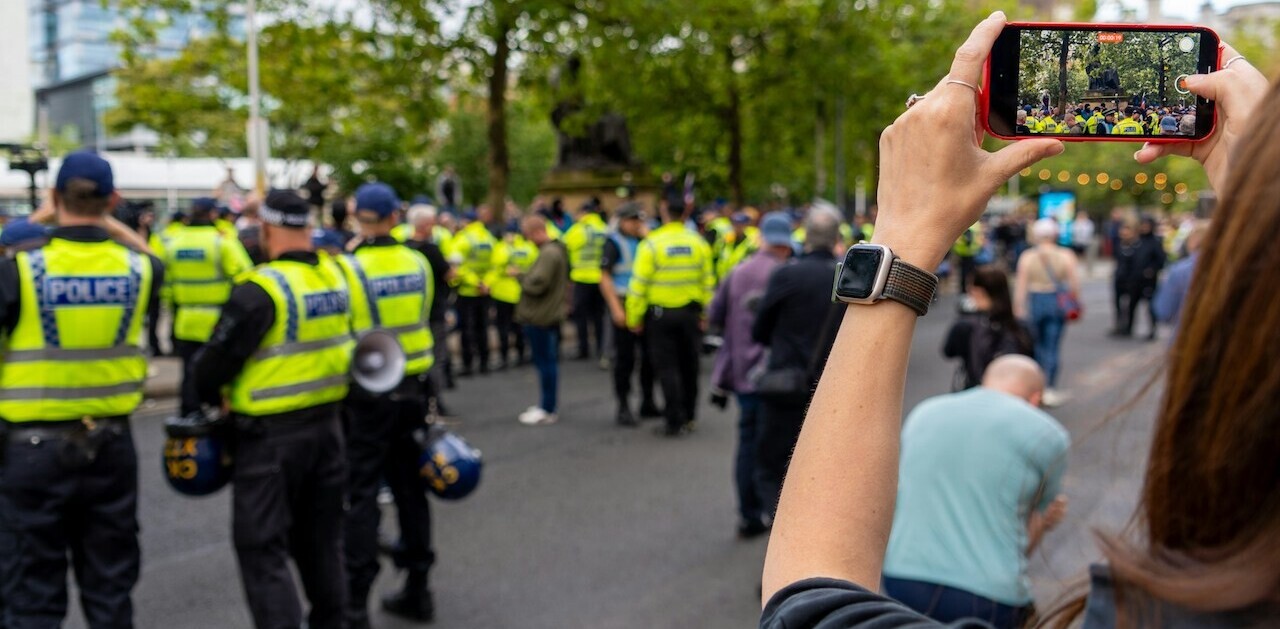
The phrase, “This message will self-destruct in # seconds” resurfaces old memories of my favorite childhood cartoon, Inspector Gadget. In the cartoon series, secret messages were sent to Inspector Gadget, meant to be read only within a certain time period before comically exploding, thus rendering the contents useless for enemy spies.
A social media iOS app called “Vibe” provides this exact same service, though with a few additional and helpful features. Through Vibe, users are able to communicate anonymously through the platform while deciding on how long these messages will exist — anywhere from 15 minutes to forever — before disappearing. Additionally, the Vibe community can also choose how geographically far this message can travel, enabling them to limit the amount of users who can see the message by location.
Revolutionaries of Occupy Wall Street, a New York City protest for American revolution, are already making quick use of Vibe. NYDailyNews reports that the innocent smartphone app is currently being used by protestors to share thoughts on the event with discussions around police brutality and arrests. Vibe’s creator, Hazem Sayed — who goes by the name of White Hat in the app — adds that since people can hide under the guise of pseudonyms, their identities and conversations can be protected without fear of repercussions.
Anonymous platforms can easily be abused.
Potential issues with this sort of service have already been pointed out. AnyBeat’s Chief Morality Officer, John Halcyon Styn, has already mentioned that lack of transparency could be dangerous. Knowing that anonymous users might be able to use tools like Vibe to organize and provide potentially harmful or dangerous information — and all without facing consequences — is a huge risk.
In Zuccotti Park, the protesters’ vibes are being projected in real time onto an upturned mattress. The projector is hooked up to an iPad on a tall stand. Some nights, cops allow the projector to stay on; other nights, the protesters are forced to turn the projector off.
 Social applications like Vibe that were originally meant to be used in helpful ways — Sayed suggests organizing flash mobs or asking silly questions through the service, for example — don’t always end up working out quite the way they were intended. Even social platforms like Twitter, Facebook and Blackberry Messenger (BBM) were recently used to organize and coordinate some of the pillaging in the London riots.
Social applications like Vibe that were originally meant to be used in helpful ways — Sayed suggests organizing flash mobs or asking silly questions through the service, for example — don’t always end up working out quite the way they were intended. Even social platforms like Twitter, Facebook and Blackberry Messenger (BBM) were recently used to organize and coordinate some of the pillaging in the London riots.
This is, of course, a heated topic of discussion even for platforms like Google+ that rely on real names rather than pseudonyms to identify its growing community. App creators like Sayed already recognize the lack of anonymity online, and state that being able to protect our identities through a nameless veil is what makes the Internet and online world so great in the first place.
Knowing the above, I encourage your thoughts: Are anonymous-sharing apps like Vibe a good or a bad thing? Realizing that these sort of services can potentially be abused a la London Riots, are you for or against them? And if for, how can these services be used in a positive way? Weigh in below.
Get the TNW newsletter
Get the most important tech news in your inbox each week.




